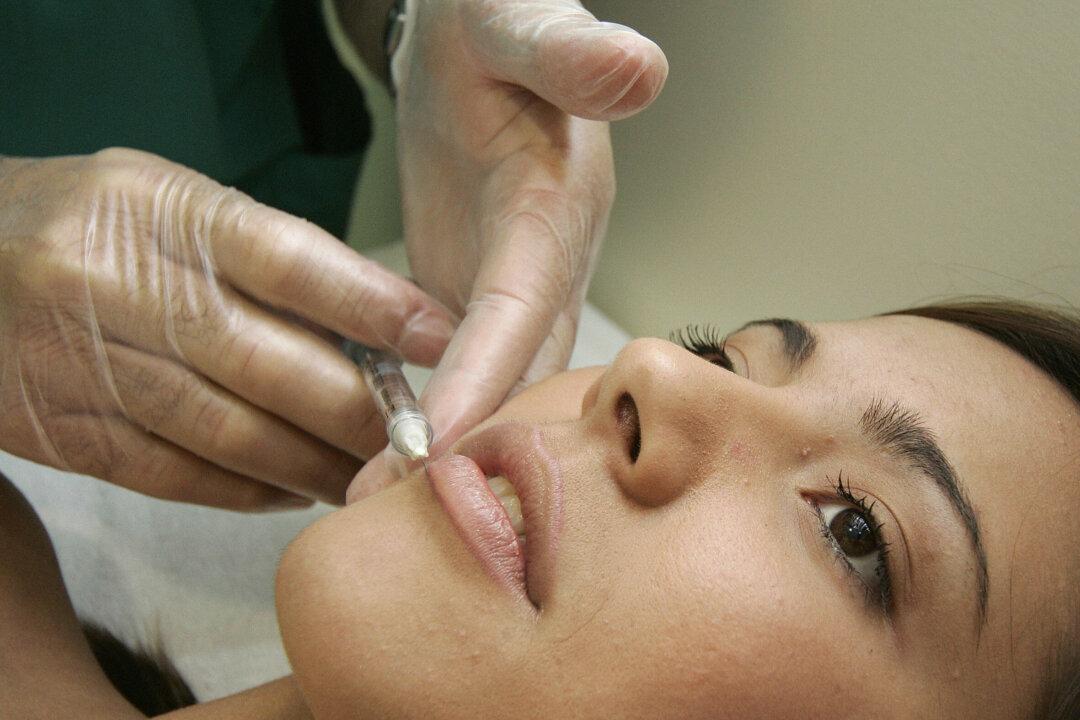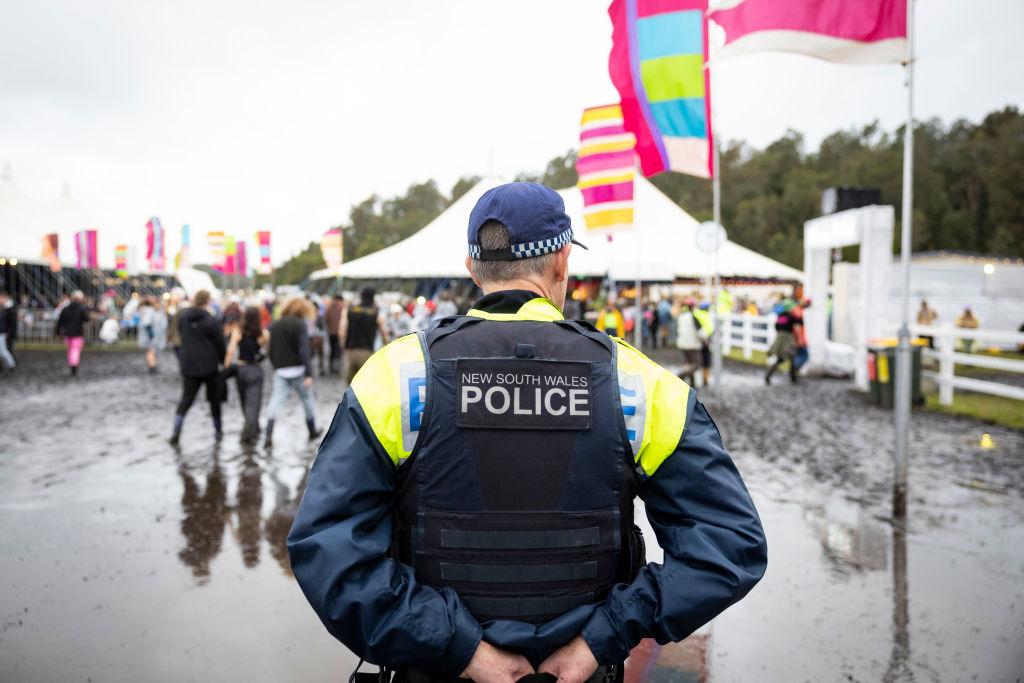Australians must now have a health and psychological assessment before cosmetic surgery.
On Dec. 14, the Australian Health Commission (ACSQHC) set standards for all cosmetic surgery facilities in Australia to evaluate each patient’s specific needs before going under the knife.





